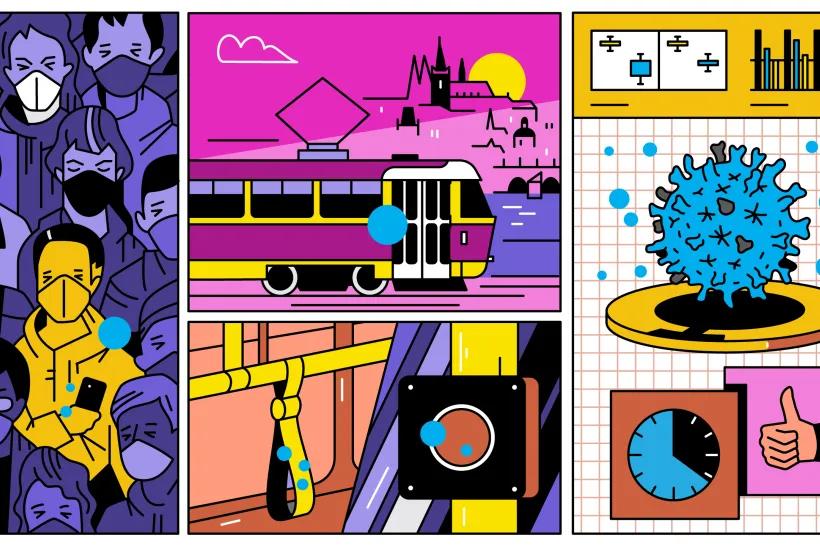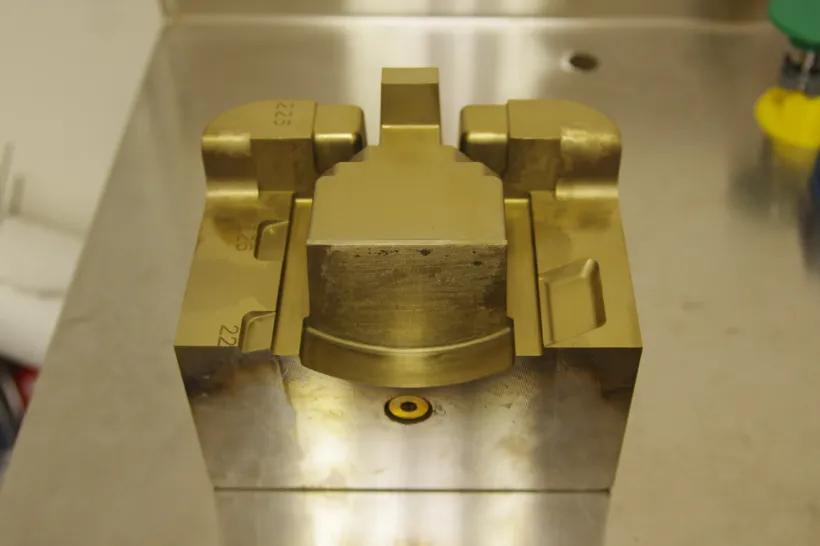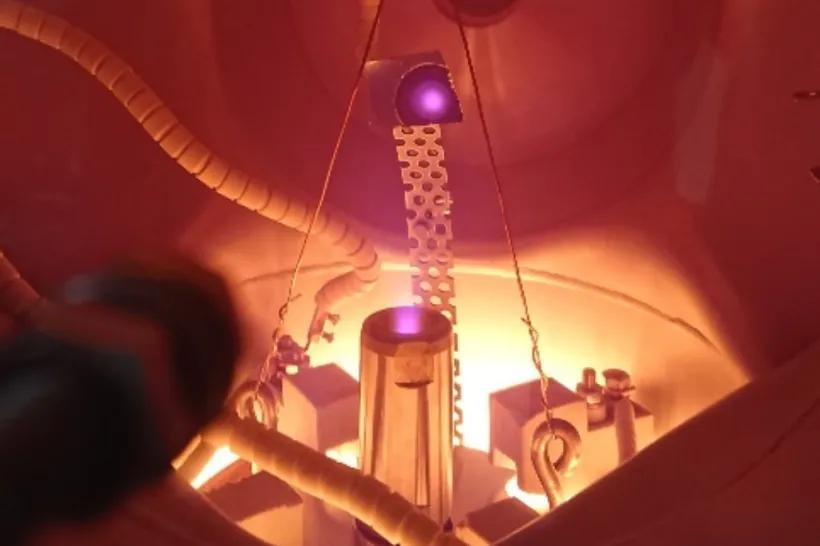Sensors and Detectors for Future Information Society (SenDISo)
The core of the SenDISo program is the development of a new generation of detectors and chemical biosensor solutions. Interdisciplinary research will focus on the creation of technologies for environmental monitoring (portable VOC sensors for pollution monitoring), improved medical diagnostics (discovery and analysis of trace amounts of biomarkers to combat serious diseases) and radiotherapy and quality control in industry. The new tools will, among other things, enable sensitivity at the level of individual (bio)molecules, opening the door to discoveries in life sciences and early diagnosis of serious diseases such as cancer.











